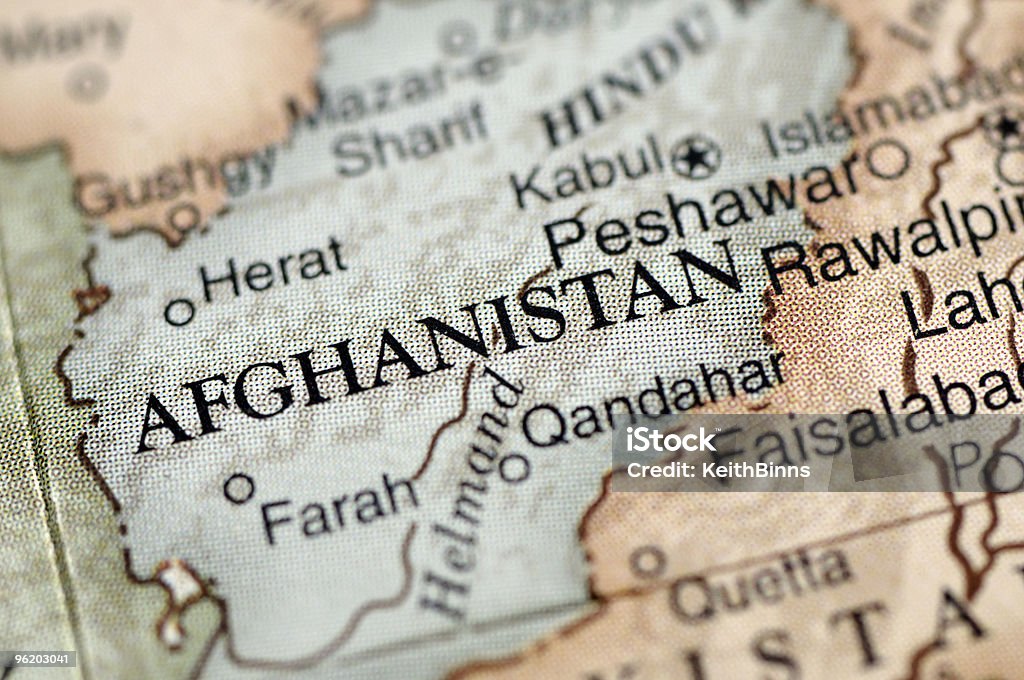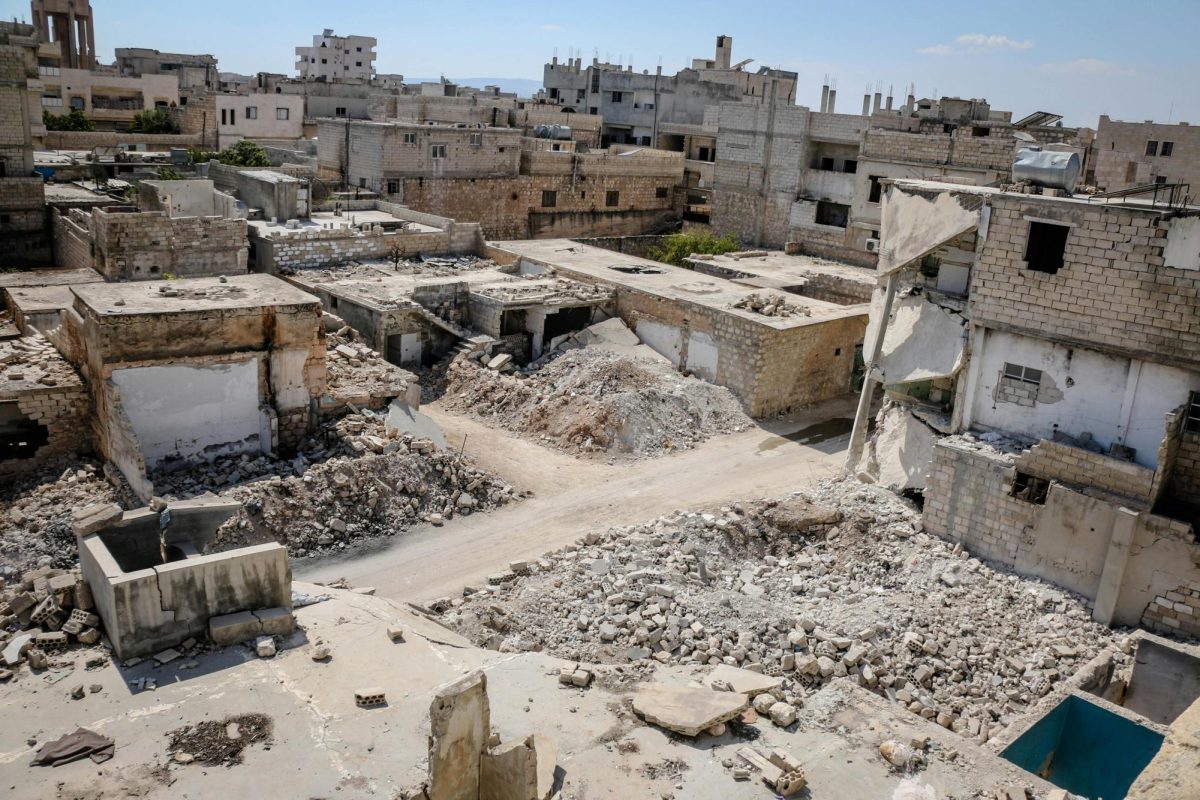The Taliban, the infamous terrorist group most widely known for their attack on the World Trade Center on September 11, 2001, has taken power over Afghanistan. This has made living conditions in Afghanistan increasingly difficult for Afghani citizens. One minority group being impacted in the most brutal, violent, and unfair ways possible is women. The Taliban’s poor treatment towards women has come back twice as strong, but so will the new generation of Afghani women.
Between 1994 and 1996, the Taliban was moving throughout south Asia. By September of 1996, they had taken control over Kabul and killed the president of Afghanistan. The Taliban had power over Afghanistan from 1996 to 2001. During those years, the Taliban implemented extremely restrictive and harmful policies on women, political opponents, and religious minorities. They were a “safe haven” for other terrorist groups, one of which included al-Qaeda.
The Taliban was no longer in power in Afghanistan between 2001 and 2020, but they regained power in 2021. Since then, the restrictive policies have grown worse from women living in the country.
These policies include but are not limited to the erasure of women in public spaces, a ban on formal education for women, and a law that restricts women from speaking loudly in public. In an interview with BBC News, a young Afghani girl named Shabana explains that, “We even avoid speaking among ourselves, thinking that if someone from the Taliban hears us they could stop and question us.” Women are not safe to remove their “sharia hijabs” in public without fear of questioning or even violent attacks, due to a decree passed last year. These Hijabs cover their entire faces and drop down to beneath their shoulders, leaving them completely hidden from view.
Streets that were once filled with women protesting for their rights are now covered in women who have been brutally silenced. Although they are suffering greatly, the women of Afghanistan will not give up the silent battle of winning their lives back.
Nausheen, another woman interviewed for a BBC News report, explains in her interview: “I don’t want to be humiliated any more because I’m a woman.” Women in Afghanistan have been posting videos of themselves online, fully covered and singing songs of freedom. Networks of secret schools have popped up all across the country as a silent rebellion.
The women of Afghanistan have been deprived of their rights once before, and they are ready to fight back twice as strong. The Taliban can continue to pass laws, but Afghani women will continue to fight back even stronger, even if it must be in silence.
References
“Afghan Taliban.” Counter Terrorism Guide, National Counterterrorism Center, n.d., https://www.dni.gov/nctc/groups/afghan_taliban.html.
Barr, Heather. “The Taliban and the Global Backlash Against Women’s Rights.” Human Rights Watch, Human Rights Watch, 6 February 2024, https://www.hrw.org/news/2024/02/06/taliban-and-global-backlash-against-womens-rights.
Limaye, Yogita. “’If we can’t speak, why live?’ – BBC meets women after new Taliban law.” BBC, The BBC, 11 September 2024, https://www.bbc.com/news/articles/c20rq73p3z4o.
Nawaz, Amna and Zeba Warsi. “Women in Afghanistan describe Taliban’s brutal repression, 3 years after U.S. withdrawal.” PBS News, NewsHour Productions LLC, 30 August 2024, https://www.pbs.org/newshour/show/women-in-afghanistan-describe-talibans-brutal-repression-3-years-after-u-s-withdrawal.
“Women’s Rights in Afghanistan.” Medica Mondiale, European Union General Data Protection Regulation, n.d., https://medicamondiale.org/en/where-we-empower-women/afghanistan.







